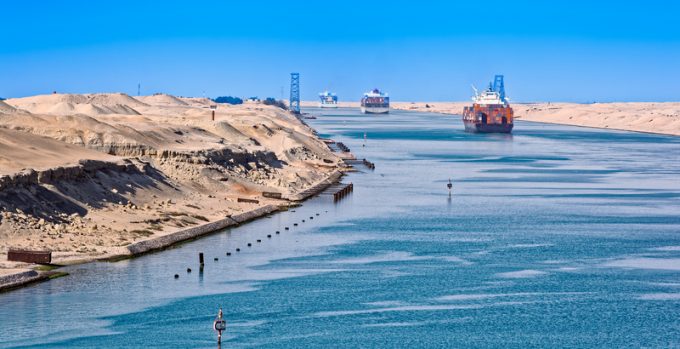CMA CGM to launch China-Mexico express shipping service
More evidence of the burgeoning direct trade between China and Mexico was on show yesterday ...

Insurers are beginning to refuse US, UK and Israeli carriers cover for their vessels transiting the Red Sea – and alternative routings also risk heightened premiums.
War-risk premiums have surged since Iran-backed Houthi militia began attacking vessels in the region in mid-November; one report suggested a rise from 0.01% of vessel value in early December to 1% currently.
The global head of marine, cargo and logistics at Marsh, Marcus Baker, told CNN the market was “clearly tightening” with some insurers “no longer willing to underwrite war-risk insurance for vessels with ownership or involvement with the US, UK or Israel travelling through the Red Sea”.
However, chief insurance officer of insurer Breeze, Patrizia Kern, said she was not aware of insurance companies actually withdrawing cover for sailings via the Red Sea, but said she expected higher premiums, particularly amid indications that efforts to deter the Houthi attacks had failed.
She told The Loadstar: “It’s too early to say if the UK-US initiative will be a deterrent; attacks have intensified and more carriers are choosing to avoid the area altogether.
“Insurance companies have always been conscious of supporting economic resilience and ensuring population well-being at times of uncertainty – which means understanding that vessels will continue to need to pass through the Red Sea, and covering those that do.”
Asked about the insurance industry’s response to carriers ignoring US government advice to avoid the Red Sea, Ms Kern said this was a “tricky question”.
Acknowledging that avoiding the disputed waterway remained the best course of action, she nonetheless noted that diversions around the Cape of Good Hope – which add 8-10 days to sailing times – presented their own problems.
“The longer the goods are at sea, the greater the exposure to risk,” she said.
But with war-risk premiums now topping 1% of vessel value and the average 12,000+ teu ship costing some $100m, carriers are essentially adding $1m to the cost of looking to cut down on transit times.
CMA CGM has said it would continue to send vessels via the Red Sea when accompanied by French war ships. But it announced this week it would begin diverting vessels on its Nemo service around the Cape, with the 9,300 teu APL New York.
Comment on this article